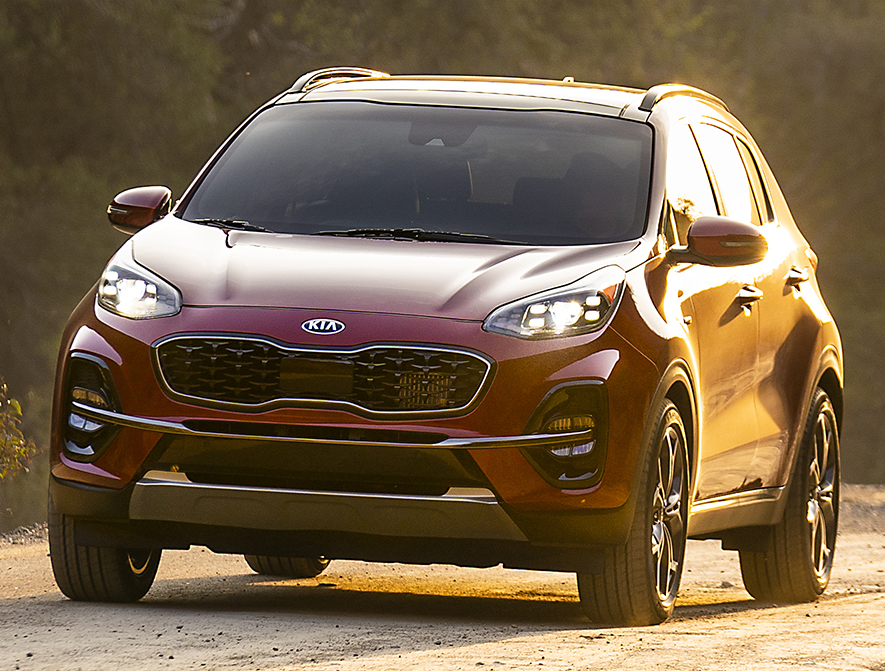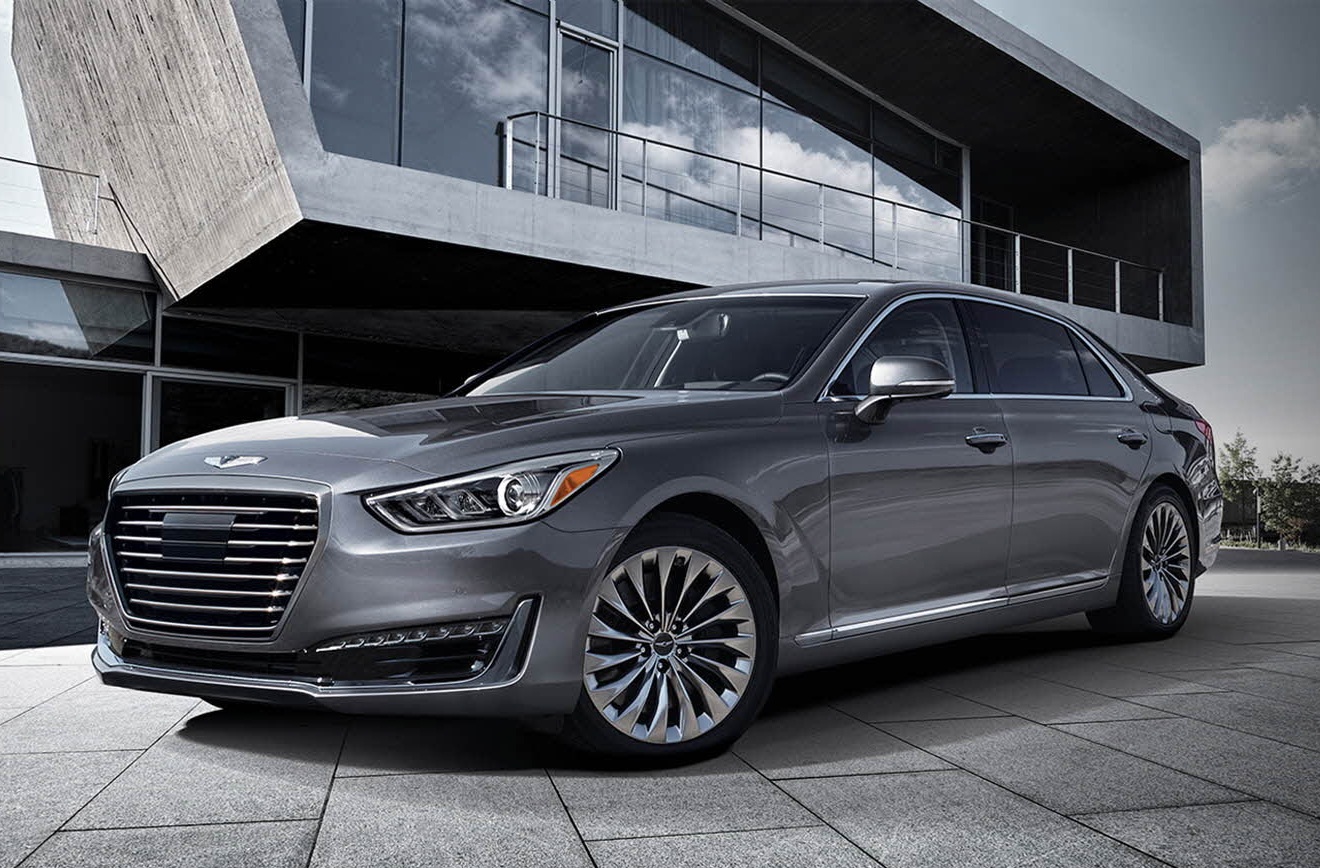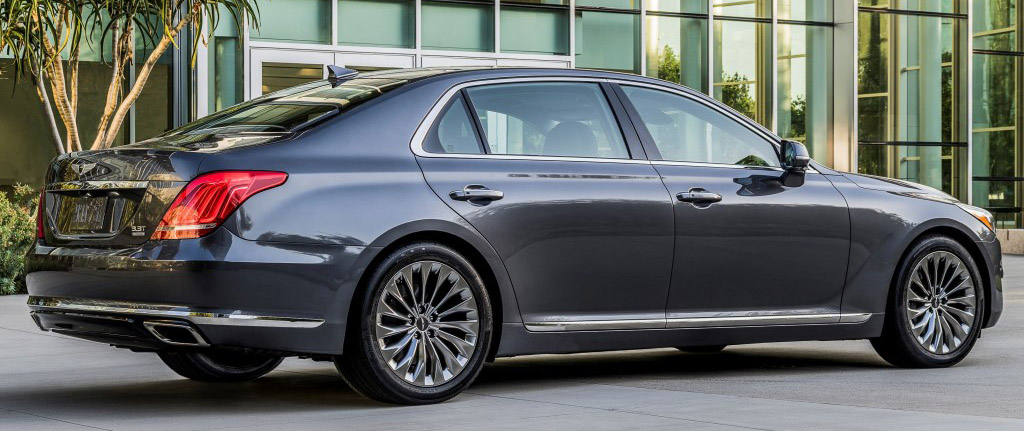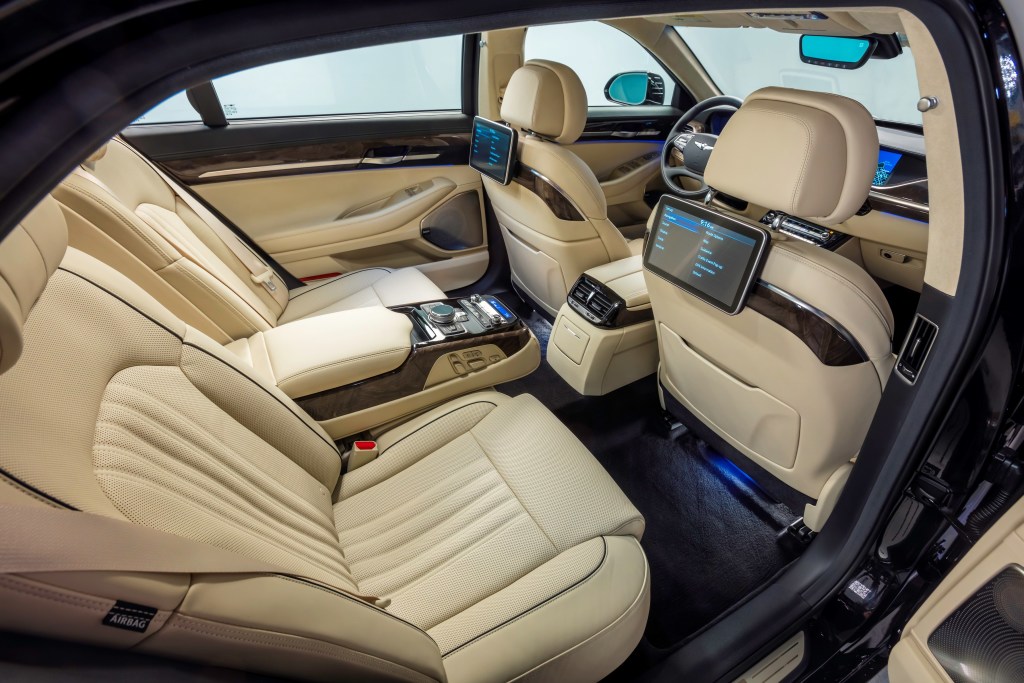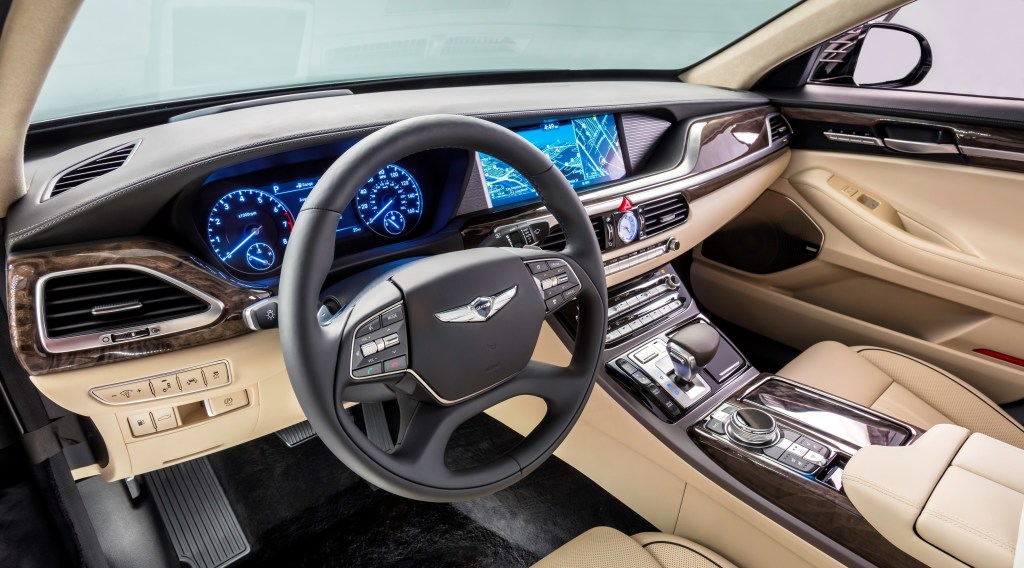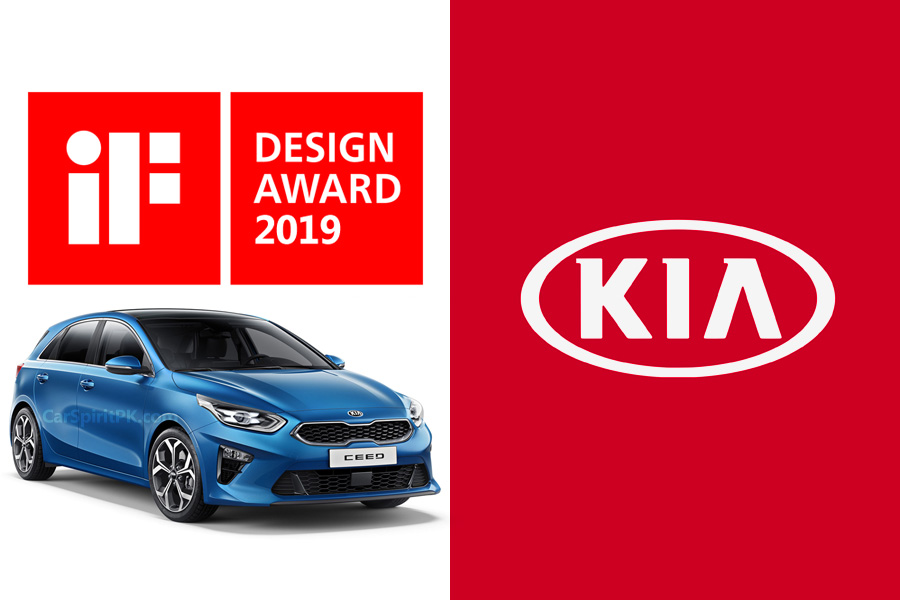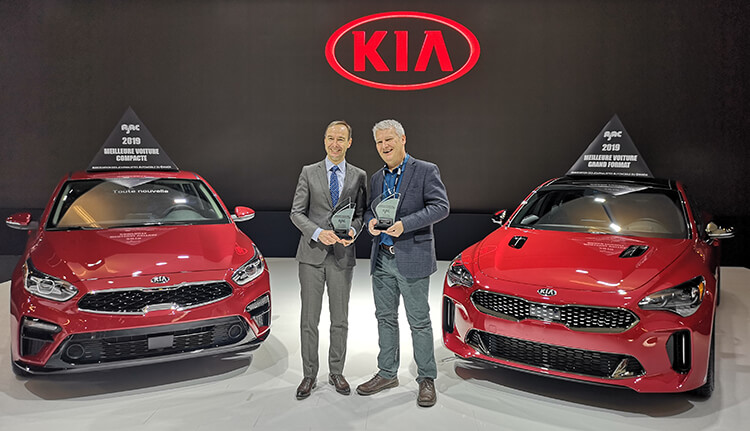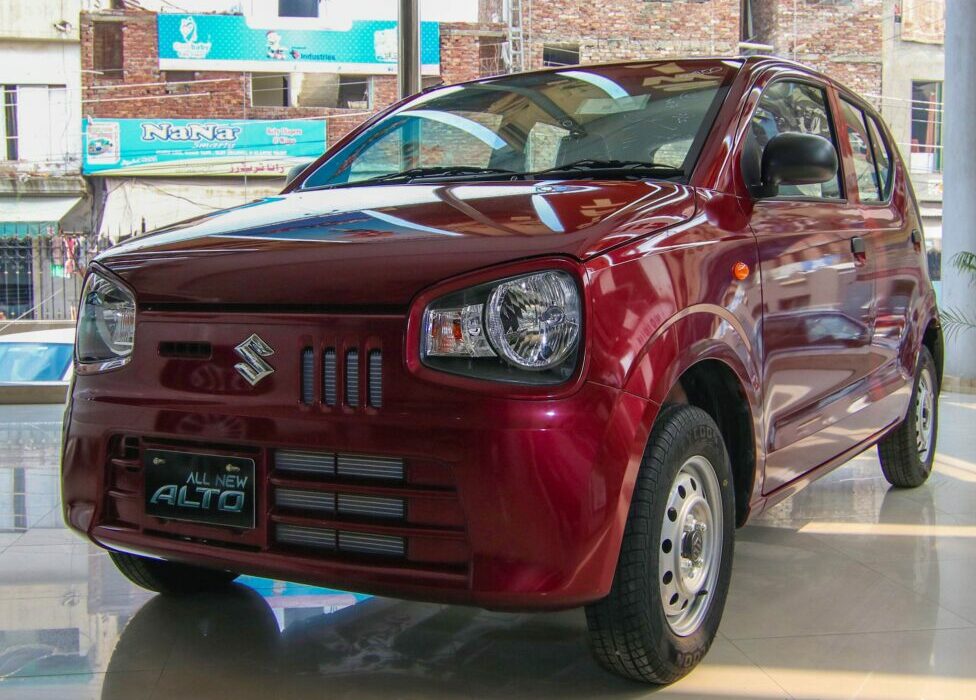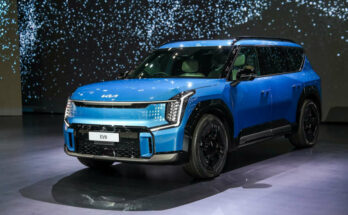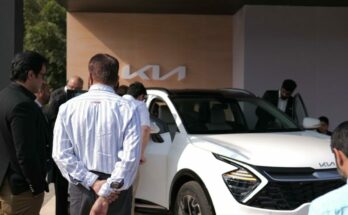Recently you must have noticed quite a few posts on social media comparing Japanese cars and the ones with South Korean origin. In the coming days, these sorts of posts are going to appear in an even greater number, and popular pages and blogs will be trying to convince you that the South Korean brands are inferior to the Japanese ones in every possible way.
Related: Kia Steals the Show at PAPS 2019
We all know South Korean brands, such as Hyundai and Kia, have come a long way and are considered neck-to-neck against international brands when it comes to looks, comfort, quality, and features on offer. However, it remains a fact that many people still associate them with the cars of their infancy period, which landed in our market some 15/20 years ago. The ongoing propaganda tries to haunt people with the Korean cars of the 90s and 2000s.
The Recalls
A major point being highlighted is the fact that over 500,000 Korean cars (Kia/ Hyundai) were recalled over fire risks. But what about the Japanese car recalls? Let’s have a look:
- In May 2019, Toyota announced to recall 43,221 of Yaris hatchbacks in the USA because faulty wiring might prevent side and curtain airbags from deploying in a crash.
- In the same month, Honda recalled 118,000 new 2019 CR-Vs to replace steering wheel wire harnesses and supplemental restraint system cable reels after 6 unexpected driver airbag deployments that occurred without a crash.
- In April 2019, Japanese automaker Daihatsu announced to recall 1.92 million cars in Japan due to faults that can affect the vehicles’ braking system.
- In the same month, Suzuki logged a special loss of around ¥80 billion over a recall of 2 million vehicles affected by improper product inspections.
- In March 2019, Honda the renowned Japanese automaker announced to recall 1 million vehicles in the USA & Canada due to faulty airbags.
- In January 2019, Toyota also announced to recall 1.7 million vehicles in North America to replace potentially deadly Takata front passenger airbag inflators.
- In December 2018, Toyota issued a recall for the all-new 12th-generation Corolla hatchback in Australia. Over 2,640 units of all-new Corolla hatchback fitted with the 2.0-liter petrol engine were recalled due to faulty transmission.
- In November 2018, Subaru and Toyota recalled more than 400,000 vehicles because of a valve spring problem that could stall engines and heighten the risk of accidents.
- In October 2018, Toyota recalled about 2.4 million hybrid cars worldwide (including Prius) that could stall while driving.
- In September 2018, another Japanese automaker Nissan recalled nearly 240,000 vehicles worldwide over fire risks and later announced to recall an additional 150,000 vehicles in Japan due to improper testing being carried out at its factories during final inspections.
- In September 2018, Toyota again recalled 1.03 million vehicles, including the Prius in Japan, North America, Europe, ASEAN, and other regions due to an issue with the engine wire harness which could pose a fire risk.
- In May 2018, Honda recalled 130,455 CR-Vs equipped with a 1.5-liter turbo engine in China due to rising oil level problems, leading to damaged engines. Furthermore, Honda had to halt sales of the new CR-V in China after a Chinese watchdog rejected the automaker’s plan to recall 350,000 cars (including the Honda Civic) to fix a problem.
- In March 2018, Toyota recalled 1,730 units of 2018 Camry sedans equipped with 2.5-liter, four-cylinder engines in the USA because of oversized pistons.
- In August 2016, Toyota recalled 337,000 vehicles for a third time in the USA because of a wobbly rear suspension because the nuts it used to adjust the rear wheel alignment weren’t tightened properly. Toyota also found that rust could form on the suspension arm threads if the nuts for the rear wheel alignment weren’t tightened correctly. If that happens, the suspension arm could separate from the vehicle and cause the driver to lose control.
These are only a “few” of the recent recalls related to Japanese automobiles around the world. So perhaps there is no need to mock South Korean cars for a selected number of recalls.
Japanese Cheating Scandals
Japanese automakers including Suzuki, Mazda, Nissan, Subaru, Mitsubishi, and Yamaha have admitted to having cheated on emissions tests. The data tampering scandal tarnished Japan’s car manufacturing industry and its reputation for high-quality, and efficient vehicle production.
Related: Suzuki, Mazda and Yamaha Admits Cheating Fuel Economy and Emissions Tests in Japan
In addition to automakers, Japanese parts companies such as Takata, ended up in some very hot water after it had to recall tens of millions of airbag inflators for turning into shrapnel bombs after being exposed to humidity. The Japanese supplier Kobe Steel also admitted to falsifying data on metals that made their way to multiple automakers.
South Korean Brands Thrashing Japanese Brands
In March 2018, the South Korean Genesis range beat out established German rivals to be named 2018’s best car brand in the U.S. by Consumer Reports. Consumer Reports is an influential source for product recommendations because it doesn’t accept advertising, and buys the cars it tests and evaluates for driving, interior-finish quality, safety, and reliability. The report card, covering 34 auto brands, aggregates information about every individual model reviewed, as well as results from satisfaction surveys submitted by subscribers.
In June 2018, South Korean Brands Thrashed Rivals in J.D. Power’s 2018 Initial Quality Study. The annual J.D. Power Initial Quality Study (IQS) has served as a benchmark for owner satisfaction with new vehicles for more than three decades. It measures the number and type of problems verified owners have experienced with their new vehicles during the first 90 days of ownership, based on assessments of more than 200 individual vehicle parameters. Initial quality is determined by the number of problems experienced per 100 vehicles (PP100), with a lower score reflecting higher quality.
Related: Genesis G70 Gets World’s First 3D Instrument Display
The top 3 positions were all held by South Korean brands with Genesis on top, followed by Kia in the 2nd spot, and Hyundai in the 3rd position.
The iF Awards
In February 2019, South Korean automaker Kia won 3 iF Awards in 2019 marking its third consecutive hat-trick. Kia won its first iF Award in 2010 and has created at least one prize-winning model every year since. Kia has now been awarded a total of 18 iF Awards for its vehicle designs. Hyundai also won the iF Design Award for the fifth consecutive year in 2019.
For over 64 years, the iF Design Award has recognized excellence in design from design professionals around the world. It is organized by iF International Forum Design GmbH in Hanover, which is recognized as the oldest independent design institution in the world, and the prestigious prize is given to the top designers spanning various disciplines and categories. The 2019 edition of the award attracted 6,400 product submissions from companies drawn from 50 countries and the entries were judged by a jury of 67 international design experts.
Other Awards
Recently Kia Stinger and Forte have won Canada’s 2019 Car of the Year Award. The 2019 Hyundai Santa Fe has already won the 2019 SUV of the Year title in the US. There is a huge list of awards Korean cars have won over these years in different markets and despite being limited in number to the number of Japanese car brands, the Korean brands continue to trouble the Japanese ones.
Related: Kia Stinger and Forte Wins Canada’s 2019 Car of the Year Award
Furthermore, the Korean brands win on the warranty. With up to 7-years/ unlimited km warranty in certain markets, the Japanese cars simply cannot compete against the Korean ones. In Pakistan, Kia is already offering a 4-year/100,000 km warranty which is more than what Japanese automakers in Pakistan offer.
Does it really matter?
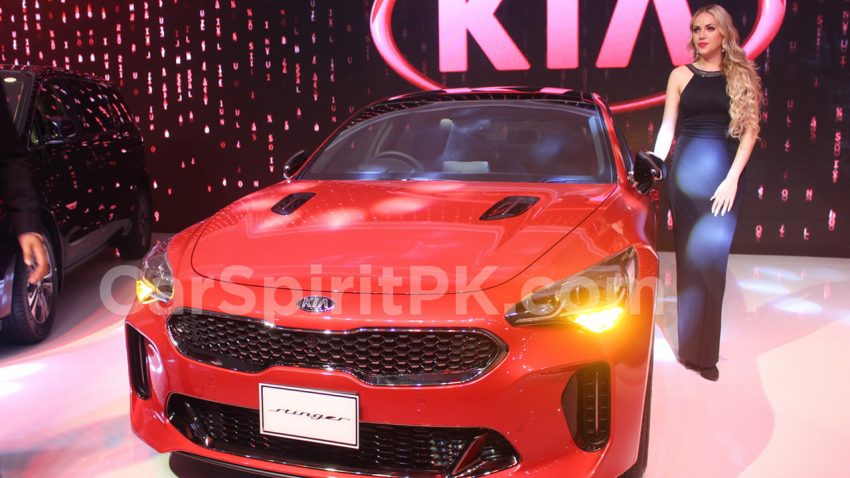
The question is though, is this battle of words really worth it? It simply isn’t. The real question is, are the so-called Japanese cars sold in Pakistan really comparable to the Japanese cars sold elsewhere? I believe every one of us knows the answer.
Related: Kia to Launch Picanto Hatchback by October 2019
We live in a country where even a 10-year-old used JDM car is considered better in terms of specs, features, and built quality over a zero-meter Japanese car assembled in Pakistan. With questionable quality that can’t even be exported to African nations, zero safety, poor QC, misaligned tail lights, improper paint & finish, obsolete Euro-II tech, and models that are mostly retired from the rest of the world, do we have the courage to call Korean cars inferior?

A computer animation professional with over 23 years of industry experience having served in leading organizations, TV channels & production facilities in Pakistan. An avid car enthusiast and petrolhead with an affection to deliver quality content to help shape opinions. Formerly written for PakWheels as well as major publications including Dawn. Founder of CarSpiritPK.com

